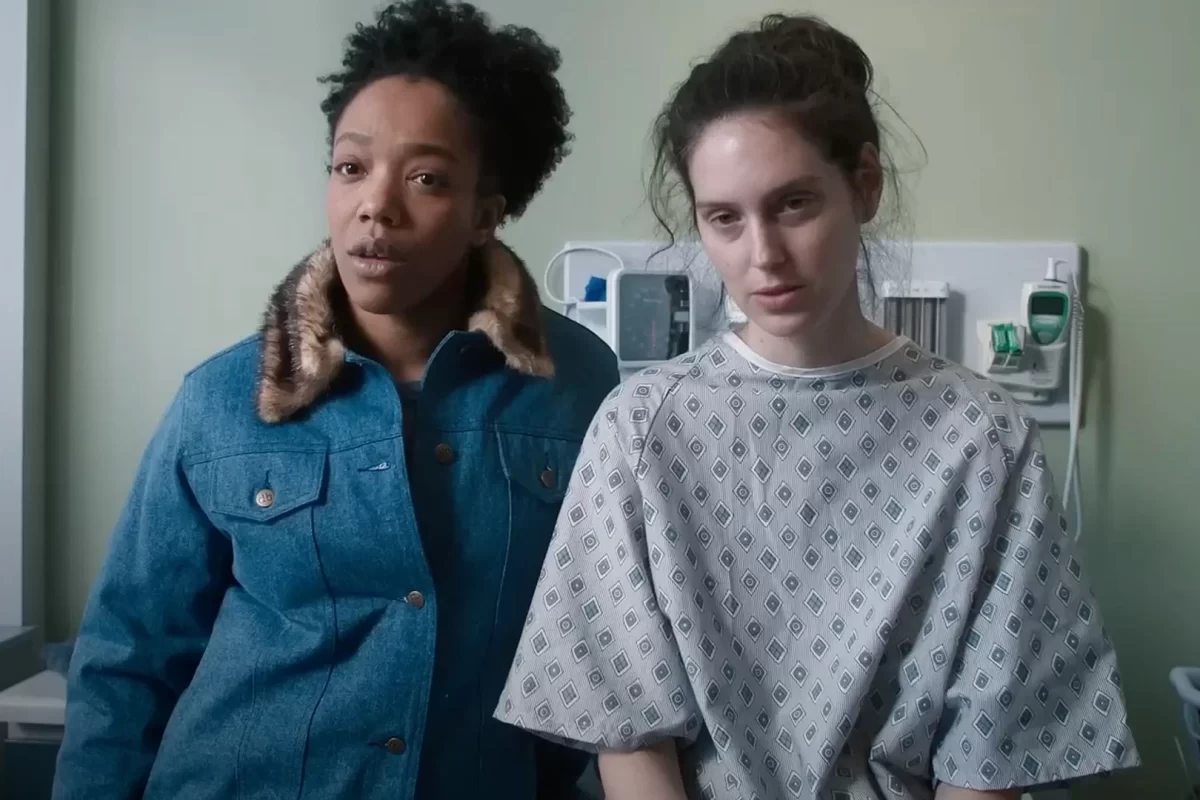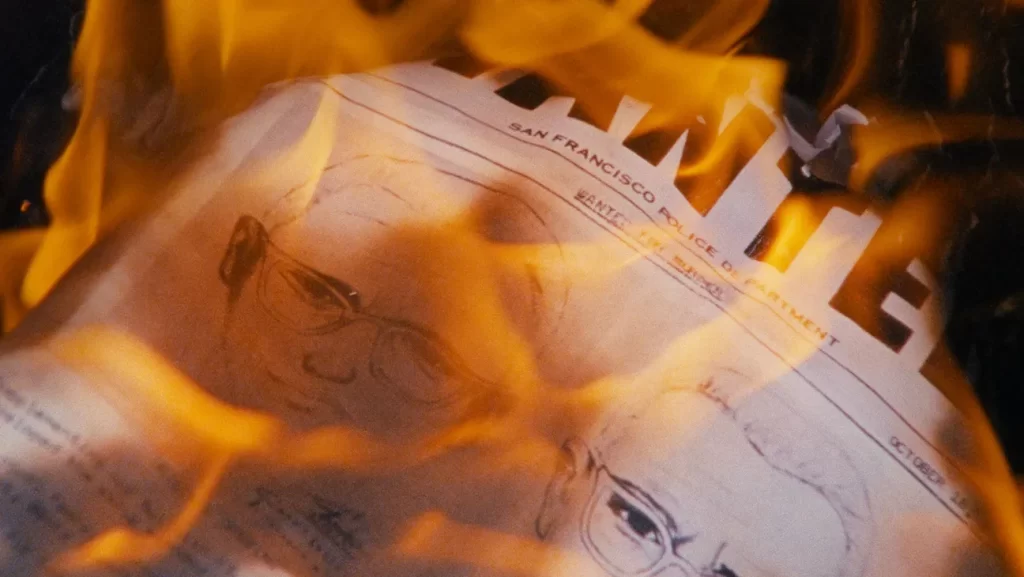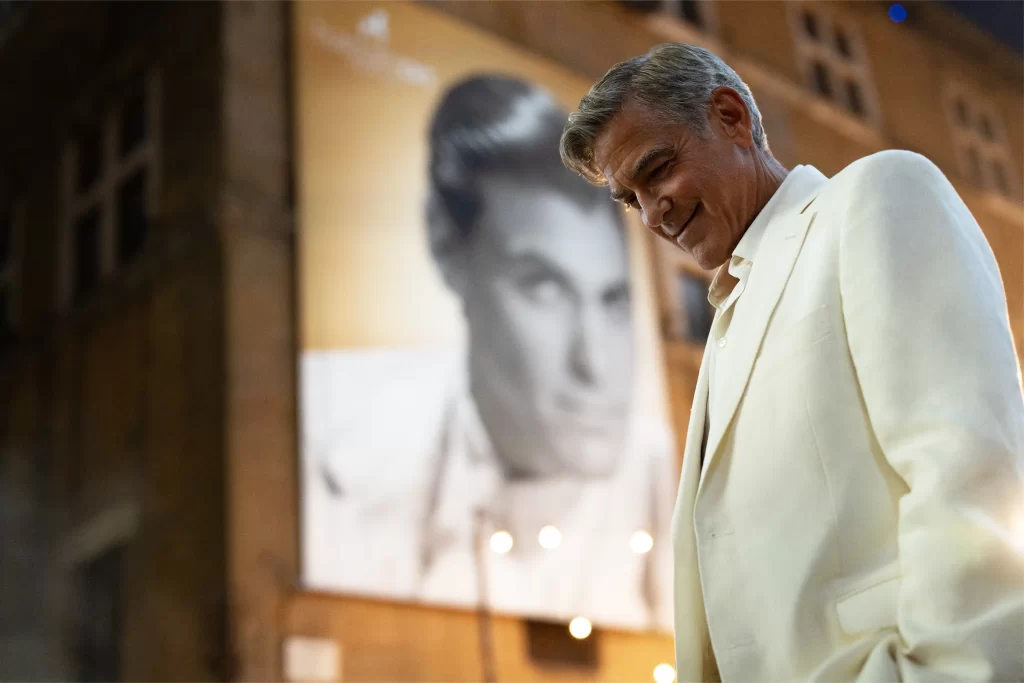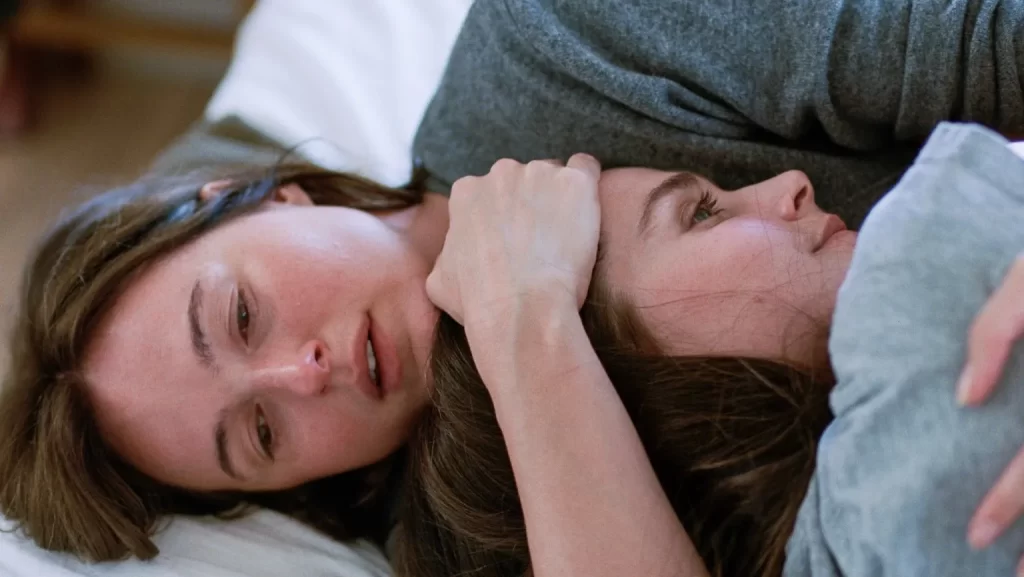In lesser hands, Sorry, Baby would be just your typical Sundance movie: a small picture made by an actor-writer-director, focusing on past trauma, with a tone that weaves between comedy and tragedy. Yet in their feature directorial debut, Eva Victor has made something marvelous that deftly avoids all of the pitfalls of theoretically similar festival films. Sorry, Baby never feels like it’s angling for indie quirk; it’s authentic in its gently weird approach. There isn’t a manipulative bone in its body. Instead, Sorry, Baby is offering its most vulnerable spots to the audience, and it’s impossible not to respond to that offering with the care and affection it deserves.
For the record, Sorry, Baby did indeed premiere at Sundance, winning the Waldo Salt Screenwriting Award. That accolade has previously gone to movies like You Can Count on Me, The Station Agent, and A Real Pain, and Sorry, Baby fits right in with those comedy-dramas that take an empathetic approach to people struggling on screen. These are well-crafted, character-driven films that endure beyond the sleep-deprived, star-studded festival bubble for years to come, leaving a mark more indelible than a bruise and delivered with a lighter hand. It’s a wild feeling to be knocked over by something so tender, but Sorry, Baby left me stunned.
Much of that is owed to Victor. For her first feature as a director, she has made a movie that is self-assured but absent ego. There are some really lovely compositions by director of photography Mia Cioffi Henry, both in the close-ups on the actors inside and in how she shoots buildings and trees in a small New England town in the winter. She pays close attention to people and places and time, which works especially well with how the film spans years, beginning and ending in the present.
Victor’s screenplay starts when Agnes (Victor) is still recovering from a horrific event years in the past. Her world is small: she took a job at the New England university where she was a grad student — and where the trauma occurred — and she doesn’t venture far outside of her home, her office, and the classroom. Meanwhile, her best friend, Lydie (Naomi Ackie) has moved out and on to New York City but returns to visit Agnes, with both delighting in the reunion. Their friendship is marked by emotional and physical intimacies that we should all be so lucky to possess, and Lydie remains an anchor as Agnes is still haunted by her past. Sorry, Baby rewinds to “The Year of the Bad Thing,” then moves forward year by year as the trauma grows distant in time but is still very present for Agnes.
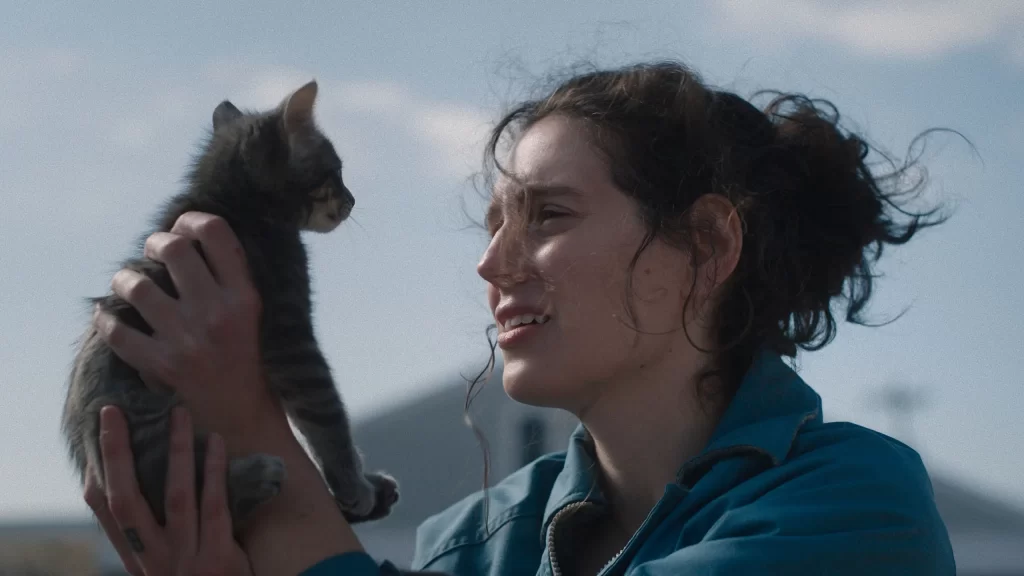
As played by Victor, she’s impressively smart and believably awkward. She’s impossible not to like and to feel like you know, thanks to Victor’s nuanced performance. As a director, they craft a whole world around Agnes, including fiercely loyal Lydie, jealous peer Natasha (Kelly McCormack), and eager neighbor Gavin (Lucas Hedges). Even actors who only appear in a scene or two — like John Carroll Lynch, Hettienne Park, and E.R. Fightmaster — feel like their characters are real people. Sorry, Baby is such an impressive work of humanism, endowing each of their characters with value as people and treating them with grace.
With tragedy ever present, Sorry, Baby could be a real downer, but Victor brings a light touch that makes it a joy. The filmmaker knows exactly when to bring in humor that varies between gentle and sharp, serving as a balm to its darker elements. It’s quietly funny rather than trying to be uproarious, except for a Ted Hughes joke that made me absolutely cackle. There are in-jokes and sly references for literature nerds, but it never feels like it’s trying to show off.
Sorry, Baby is something truly special. Victor has made a lovely little indie that is never overly precious or affected. Instead, it is precious what a treasure it is to watch.
A
“Sorry Baby” is out in New York and Los Angeles on Friday.
